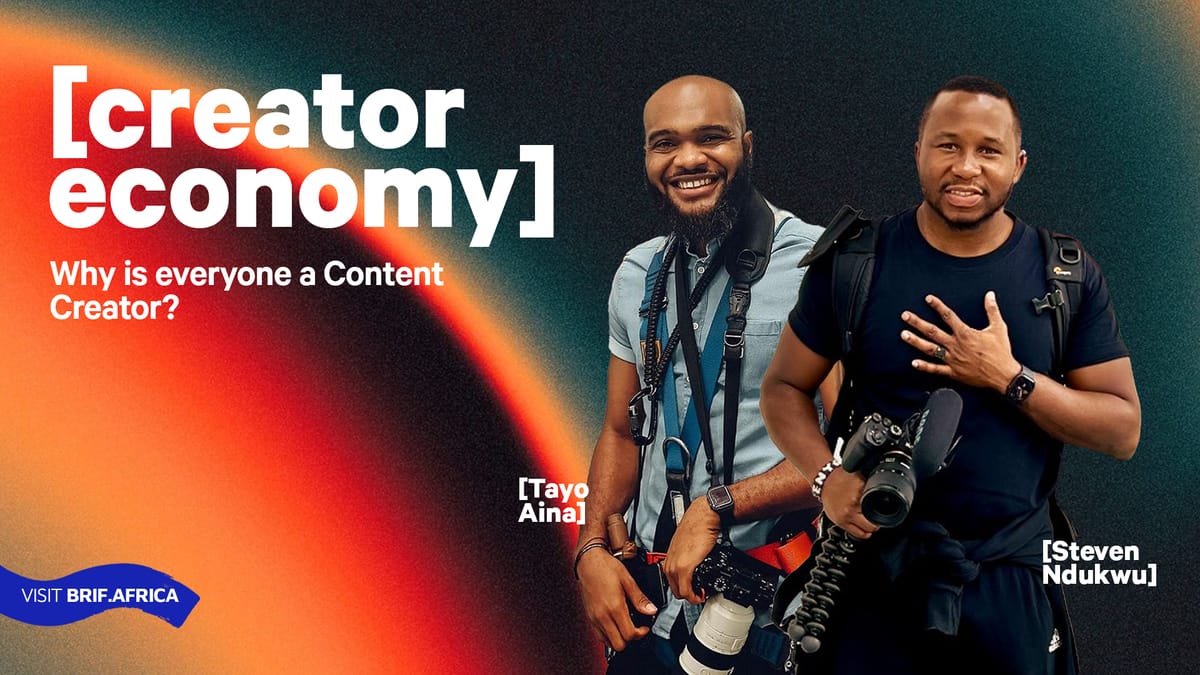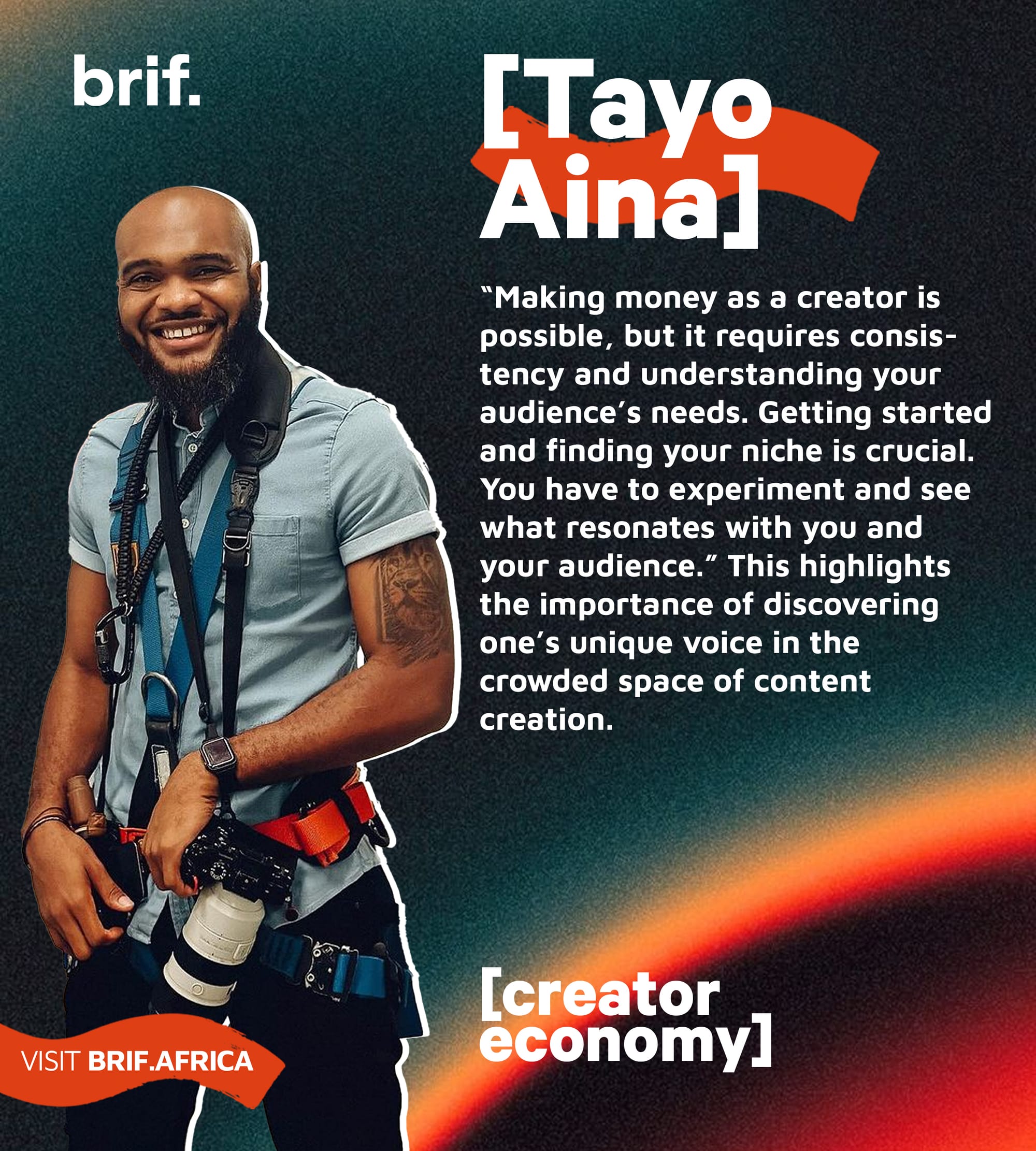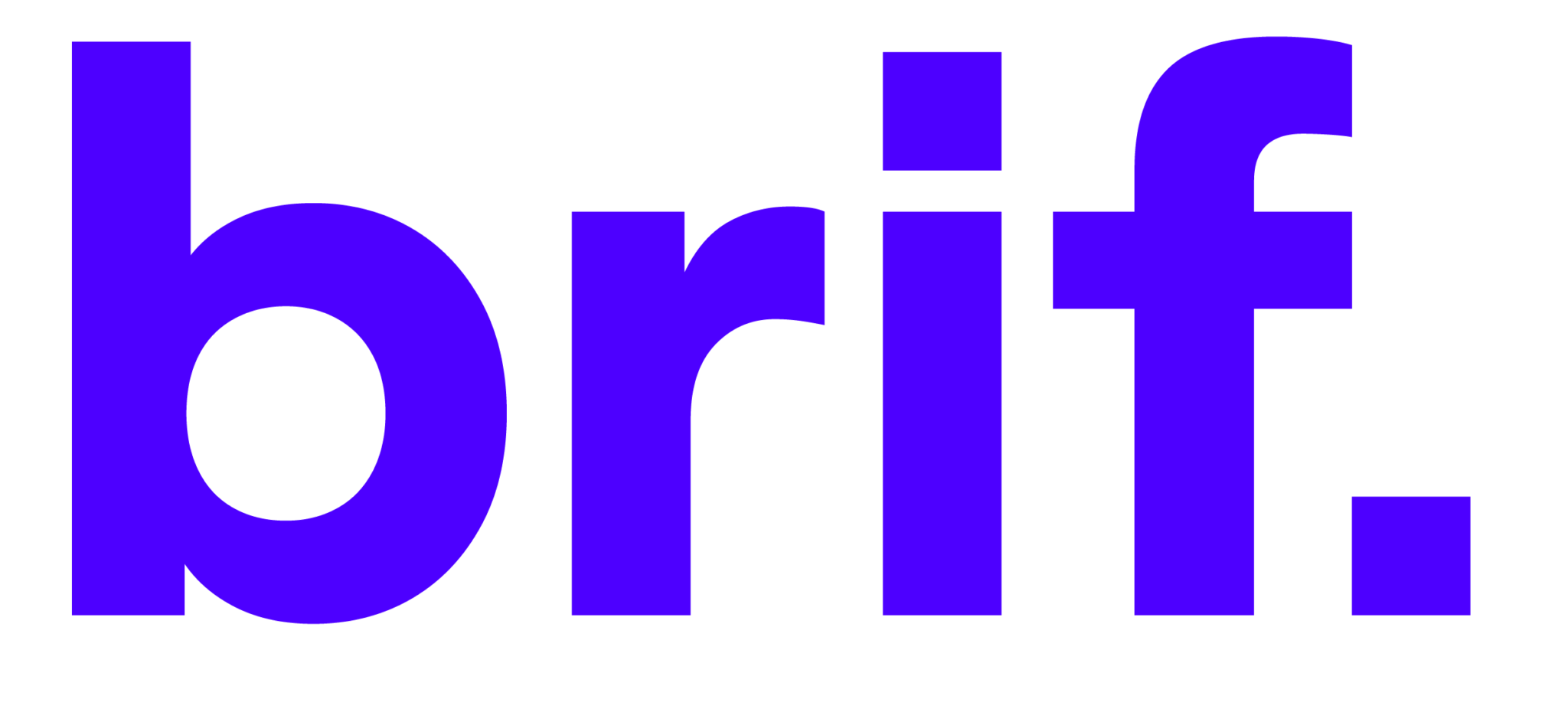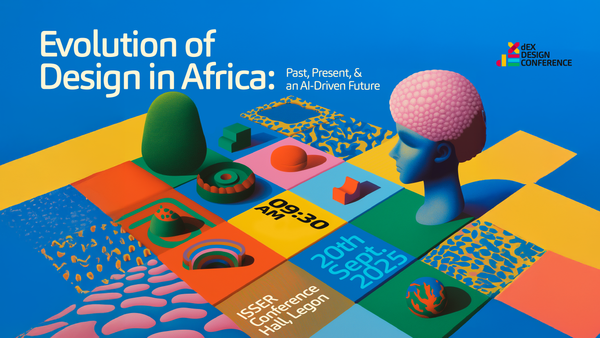Why is everyone a Content Creator?
You’ve probably seen a YouTuber start their video with something like, “Hey guys, welcome to my channel!” This isn’t just an intro; it’s an invitation to connect.

In this digital age, terms like 'content creator, digital media, new media, and vlogger' have become popular buzzwords. It’s fascinating to think that the first thing many of us do after waking up from a long night’s sleep is reach for our devices to check social media and consume content. Isn’t that interesting? lol
So, why has this become such a phenomenon? Consider this: everything we once experienced in the physical world is now being reimagined in the digital realm. We’ve reached a point where we spend more time online than ever before. For instance, instead of visiting a museum in person, you can now explore it virtually from the comfort of your home. Technology has advanced significantly, allowing us to create immersive experiences that resonate with our desires. And as humans, we truly embrace these digital innovations!
The Market is where people are!
This brings us to the commercialization aspect of this trend. As people increasingly spend time on digital platforms, it reflects the current state of the market. Consequently, commercial activities are thriving in these spaces, highlighting vast opportunities available despite cultural differences, language barriers, and geographical limitations. This shift underscores the potential for businesses to reach diverse audiences and engage with them in meaningful ways.
Another buzzword, 'Creator Economy'
Among these developments is what we call the creator economy—another newly popularized term! But what exactly is it? The creator economy refers to a digital space where individuals, known as creators, produce content, share it with their audiences, and earn money doing what they love. Platforms like YouTube, TikTok, and Patreon have made it easier than ever to build communities and turn creativity into a career.
You’ve probably seen a YouTuber start their video with something like, “Hey guys, welcome to my channel!” This isn’t just an intro; it’s an invitation to connect. By sharing their lives or passions, creators build relationships with their audiences. When that bond grows strong enough, it often evolves into a business—whether through selling merchandise, offering exclusive content, or collaborating with brands.
However, the creator economy is about more than just money; it’s about storytelling, creativity, and the power to turn ideas into something people want to be part of. If you’ve read this far, you might be wondering if becoming a creator is a viable economic path. Let’s delve into the numbers.
Numbers
I recently explored the Africa Creator Economy Report published by TM Global, TMCON & Communique—don’t worry; I’ve done the reading for you! According to their findings, the African creator economy is rapidly evolving, driven by a youthful population and increasing access to digital technologies.
Valued at approximately $3.08 billion in 2023, it is projected to grow to $17.84 billion by 2030, with an impressive annual growth rate of 28.5%.

Entertainment and media are at the forefront of this growth, with over half (49.4%) of creators focusing their content on music, film, and trending topics. Fashion and lifestyle (13.3%) and technology (17.7%) are also significant players, reflecting a growing appetite for tech innovations and style tips across Africa. It’s clear that creators are tapping into what audiences love—entertainment, style, and the digital future.
As the creator economy gains legitimacy as a recognized career path, an increasing number of Gen Z individuals are exploring opportunities in content creation. Universities in other parts of the world, such as UCLA and USC, are even offering courses on the creator economy that focus on its business aspects. With the rise of monetization tools and platforms, creators can build sustainable careers by producing content that resonates with their audience while fostering unique connections often absent in traditional media.
What I think?
In my experience, I’ve seen creators go from zero followers to almost a million in just five years, transforming their passion into successful businesses. as Tayo Aina would say;

“Making money as a creator is possible, but it requires consistency and understanding your audience’s needs. Getting started and finding your niche is crucial. You have to experiment and see what resonates with you and your audience.” This highlights the importance of discovering one’s unique voice in the crowded space of content creation.
Having spent eight years in the advertising industry producing digital media, I have developed a strong appreciation for content creation. This journey has given me a deep understanding of what it takes to succeed in this space.
While every industry has its challenges, the creator economy stands out because it is permissionless. With just an account, anyone can start uploading content—it’s that simple. As Steven Ndukwu would say;

“I started with just a phone in my pocket, and I realized that content creation had the potential to give me the kind of life I wanted. As you grow as a creator, your reach increases. If you have an interesting story to tell, it can resonate widely"
However, the real challenge isn’t signing up; it lies in bringing an idea to life and hitting the publish button. Many people underestimate how tough that part can be.
Even so, the creator economy is changing how we think about work and earning an income. It signifies a shift toward a more personal and interactive digital experience that breaks down traditional barriers and gives anyone with creativity and passion the chance to succeed. This transformation isn’t just empowering individuals; it’s creating exciting opportunities for brands and consumers in today’s connected world.
Anyway, do you realize everyone has a podcast now? read here
This took a minute to put together, let me know your thoughts!





